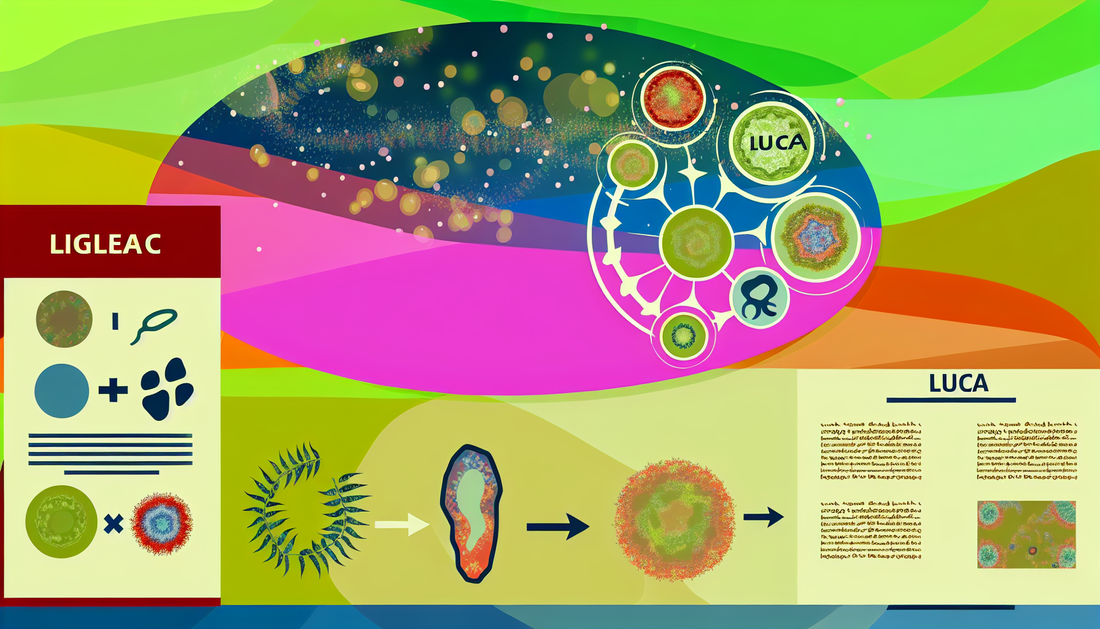
Decentralized Governance: The Future of LUCA Crypto
Share
Exploring Governance in the LUCA Crypto Asset
Governance within the LUCA crypto asset ecosystem stands as a pivotal aspect that underscores the decentralized ethos foundational to the world of blockchain. As decentralized finance (DeFi) continues to reshape traditional financial systems, assets like LUCA are at the forefront, experimenting with novel governance models that emphasize transparency, community involvement, and distributed authority.
The Role of Governance in LUCA
Crypto assets like LUCA typically leverage decentralized governance to enable stakeholders to influence key decisions related to protocol upgrades, fee structures, and strategic direction. Governance, in the context of LUCA, allows token holders to propose changes and vote on significant matters impacting the network, fostering a democratic and participatory ecosystem. This contrasts starkly with traditional centralized financial systems where decisions are made by a select few.
Features of LUCA's Governance Model
LUCA’s governance structure incorporates several unique features designed to enhance participation and decision-making. Foremost is its on-chain voting mechanism, which ensures that all actions and proposals are transparently recorded on the blockchain. This approach not only enhances security but also provides an immutable record of governance activities.
Additionally, voter incentives are a key component in LUCA's governance model, encouraging active engagement. This aspect of governance is critical for maintaining a robust and dynamic community. The principle is simple: the more stakeholders are involved in governance processes, the more resilient and adaptive the network becomes.
Decentralization and Distributed Authority
Decentralized governance as applied by LUCA represents a shift from traditional hierarchical structures to a more inclusive and fair system. By distributing authority across a wide array of participants, LUCA mitigates the risks of centralized control, ensuring that no single entity can unilaterally dictate the network’s direction.
This model mirrors similar innovations across the DeFi landscape, such as those seen in the governance frameworks of protocols like Mondrian, as detailed in the article Empowering Stakeholders: The Mondrian Protocol Governance. This approach underscores the burgeoning movement toward empowering stakeholders and dismantling centralized power structures within financial systems.
Challenges and Considerations
Despite its advantages, implementing effective decentralized governance is not without challenges. Ensuring equitable participation and preventing governance attacks are ongoing concerns. The LUCA protocol must navigate these issues to sustain its governance model's integrity and reliability. Furthermore, aligning the varied interests of a diverse stakeholder base poses a complex challenge, necessitating continuous dialogue and negotiation.
The journey of governance within LUCA is a testament to the innovative spirit of DeFi, reflecting a broader trend of disruption within finance. With ongoing developments, enthusiasts and stakeholders remain keenly interested in how governance will continue to evolve and shape the future of the LUCA crypto asset.
